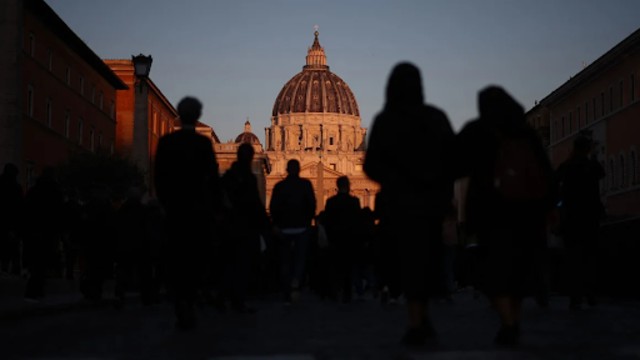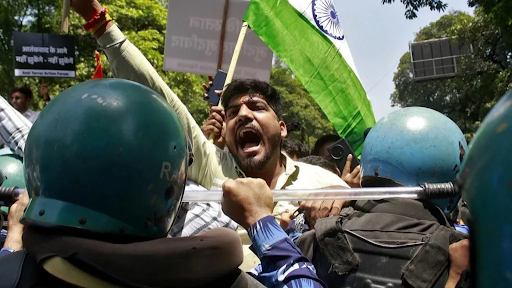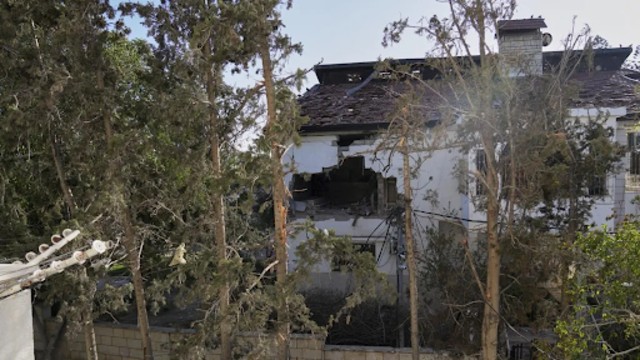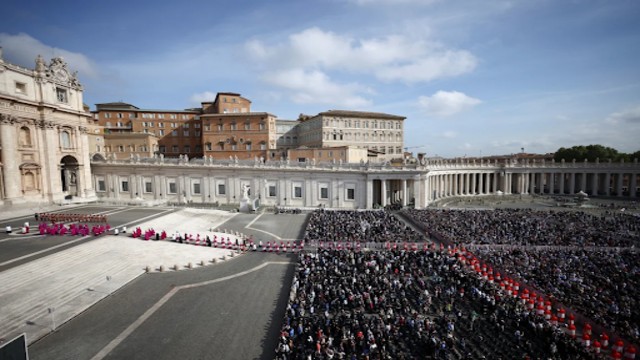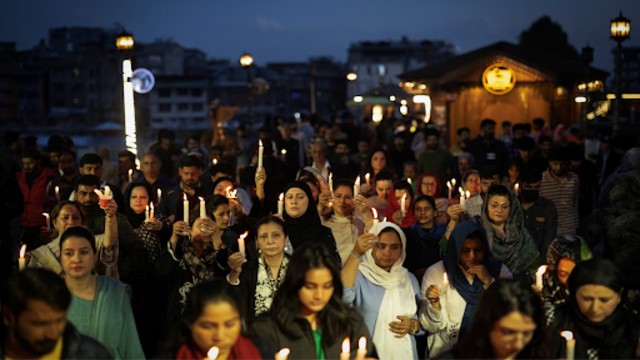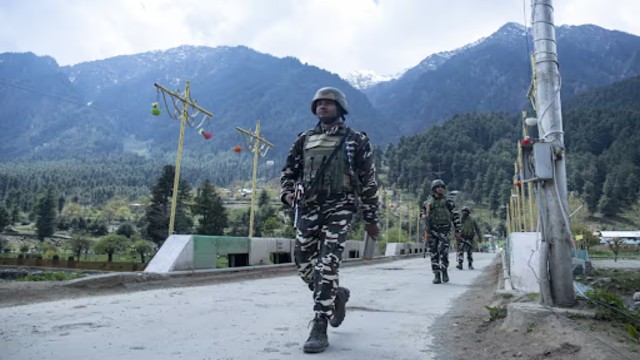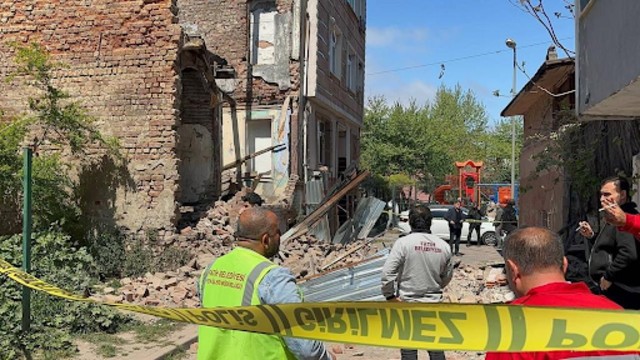
Families and supporters of hostages taken during the tragic October 7, 2023, attack on Israel by Hamas gathered in Tel Aviv to protest as a ceasefire between Israel and Hamas approached. Their demonstration highlighted the ongoing pain and urgency for the safe return of their loved ones. The protest took place on January 16, 2025. Reuters
The Israeli government is preparing to approve a significant agreement with Hamas, the Palestinian militant group, for a ceasefire in the Gaza Strip and the release of hostages, as stated by Prime Minister Benjamin Netanyahu's office. This decision, expected to be finalized soon, comes amid continued airstrikes and rising casualties in Gaza.
On Thursday, Palestinian authorities reported at least 86 deaths in Gaza, following intense bombardments even after the truce announcement. Despite expectations for the cabinet to vote on the deal earlier, delays were attributed to Hamas, though approval now seems imminent. Netanyahu’s office confirmed, "Agreements have been reached on a deal to release the hostages."
The security cabinet will convene on Friday to discuss the deal, followed by a full cabinet meeting to formalize it. While it’s unclear if these meetings will extend into Saturday, the ceasefire is anticipated to commence by Sunday. The White House expressed optimism, with a spokesperson stating the deal appeared on track, and a ceasefire could begin as early as this weekend.
Family members of Israeli hostages have urged Netanyahu to act swiftly. A representative group highlighted the urgency, emphasizing the suffering of the 98 hostages still held. "Do not delay their return even for one more night," the group appealed.
However, negotiations have faced challenges. U.S. Secretary of State Antony Blinken mentioned unresolved details, while a U.S. official revealed disputes over prisoner identities demanded by Hamas. Mediators from the U.S., Egypt, and Qatar have been working to address these issues, ensuring the deal’s success.
Inside Gaza, reactions to the ceasefire announcement have been mixed. Celebrations were overshadowed by grief as intensified airstrikes caused further destruction and loss of life. In one tragic instance, Tamer Abu Shaaban mourned the loss of his young niece, who was struck by shrapnel while playing in a schoolyard. “Is this the truce they are talking about? What did this child do to deserve this?” he asked.
The agreement proposes a six-week initial ceasefire with provisions for a phased Israeli military withdrawal. As part of the deal, Hamas is set to release dozens of hostages, including women, children, and elderly individuals, in exchange for hundreds of Palestinian prisoners held in Israeli custody.
The deal also promises increased humanitarian aid for Gaza, where the majority of residents have been displaced and are battling hunger, illness, and freezing temperatures. Gaza authorities have reported that over 46,000 lives have been lost since the conflict began, with most of the region’s 2.3 million population displaced.
The conflict escalated after Hamas-led gunmen attacked Israeli communities on October 7, 2023, killing 1,200 people and abducting over 250 hostages, according to Israeli reports. While some hardliners in Netanyahu's government oppose the ceasefire, believing the war has not yet met its objectives, the agreement is expected to gain majority support among ministers.
Protests in Jerusalem reflect the nation’s divisions, with demonstrators blocking roads and carrying mock coffins to oppose the ceasefire. Yet, the deal represents a critical step toward ending a devastating 15-month-long conflict, offering hope for peace and stability in the region.


